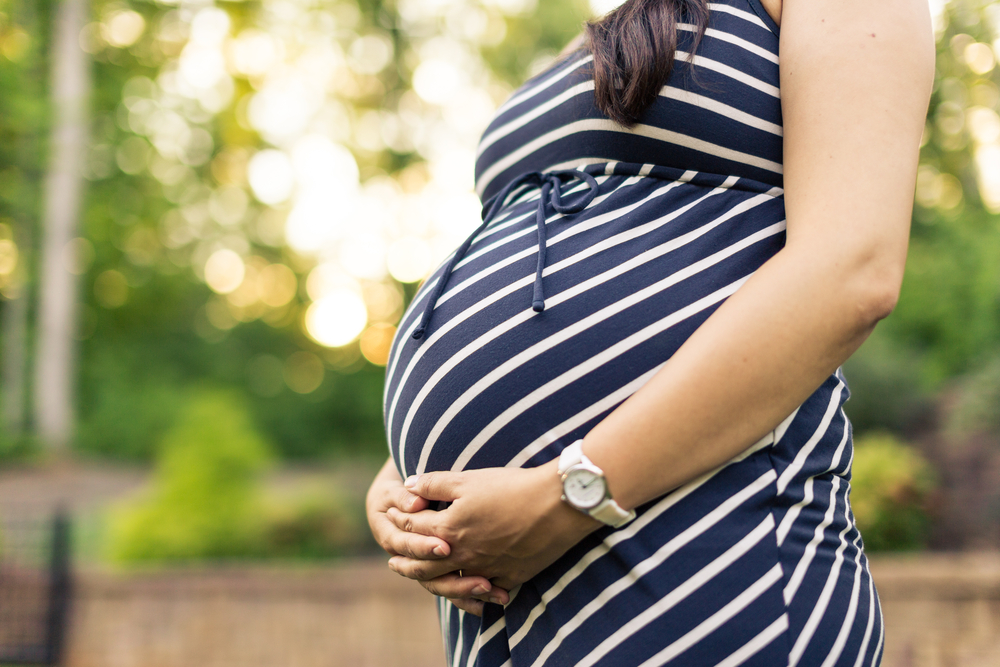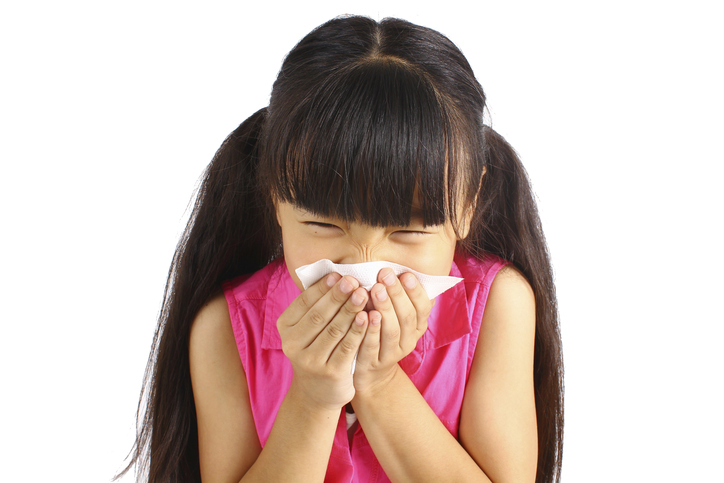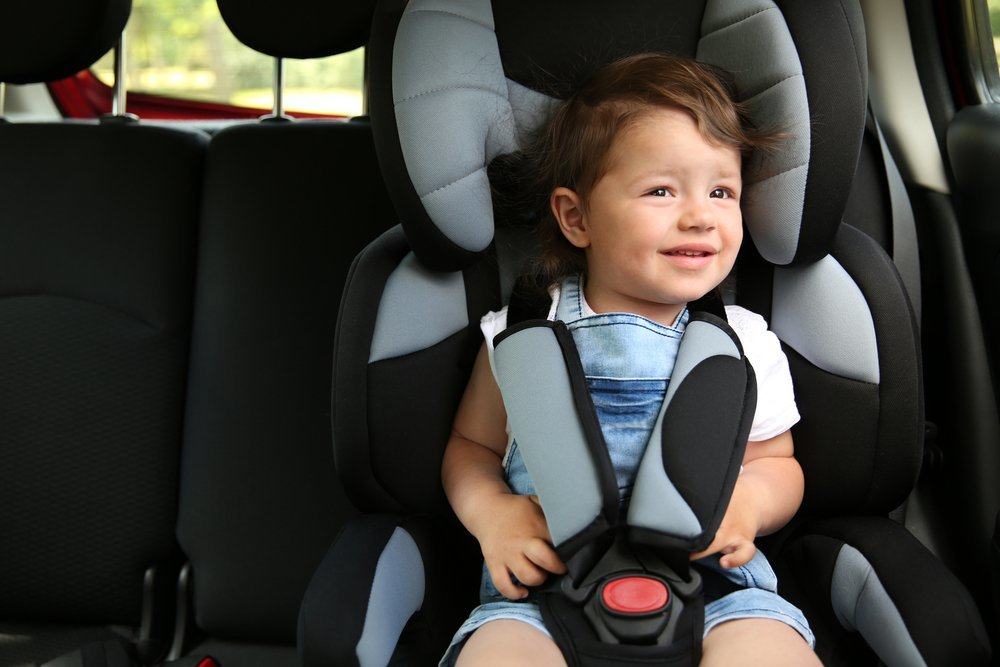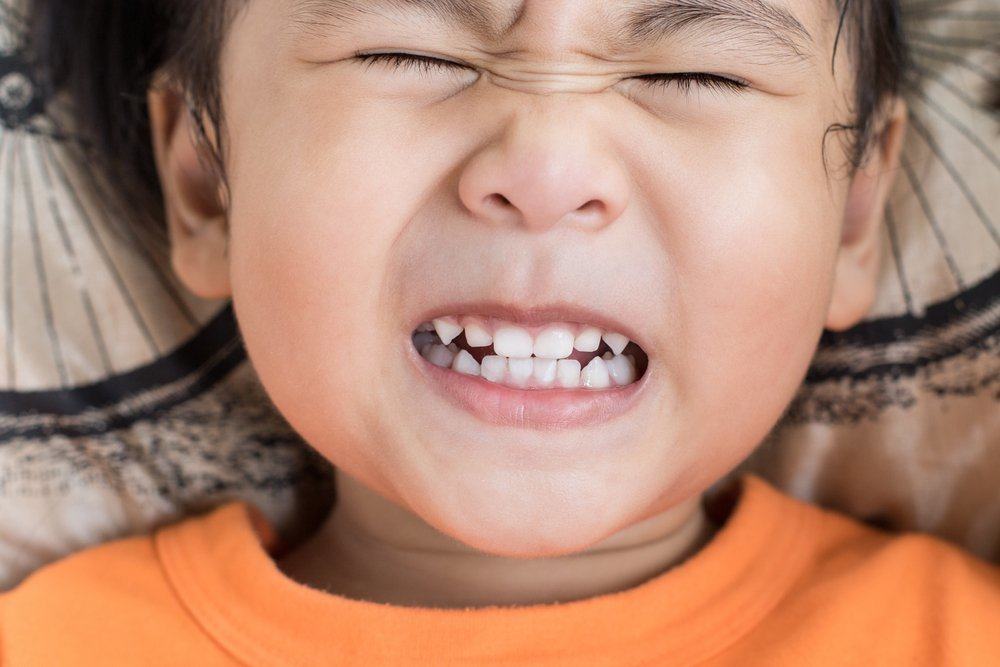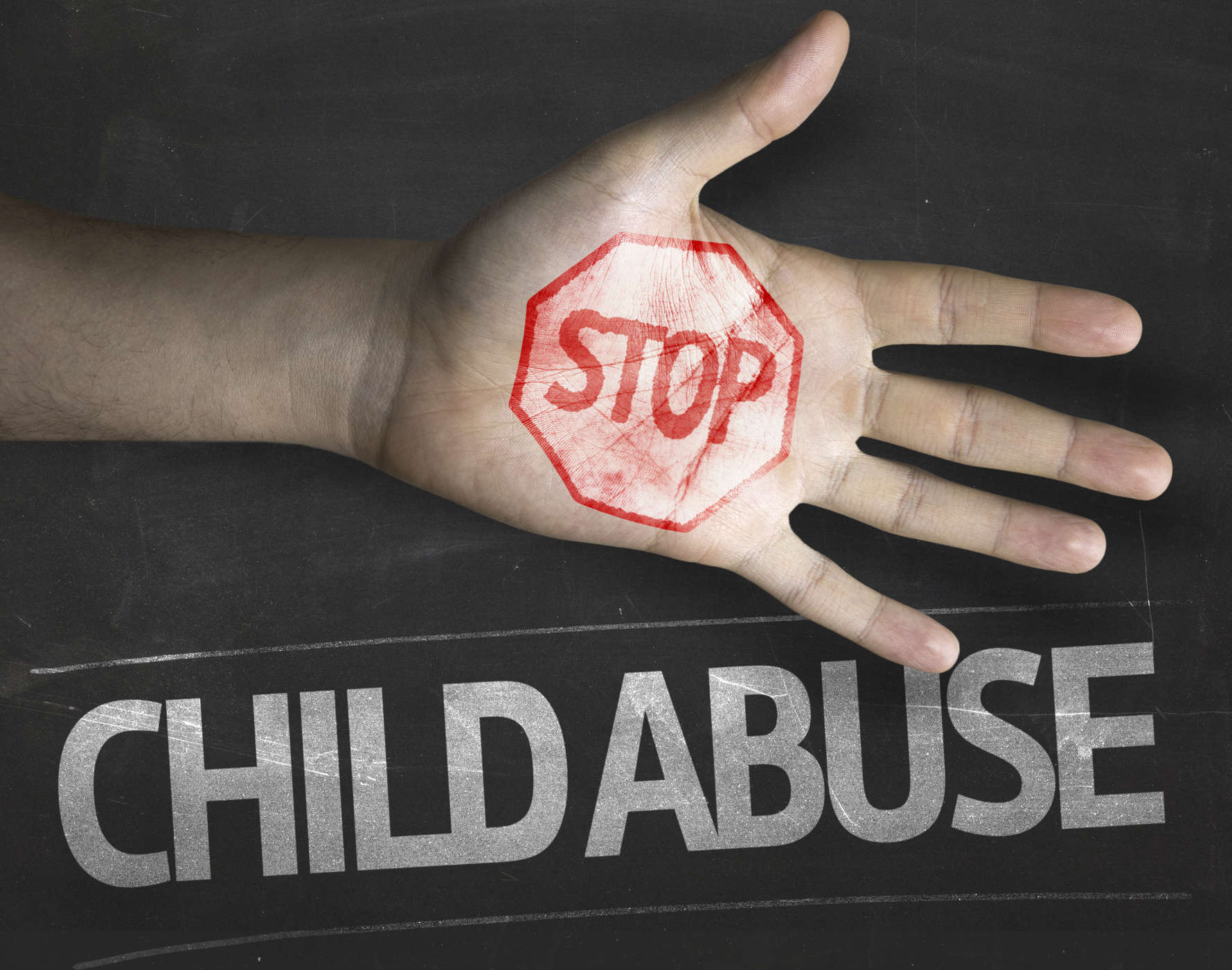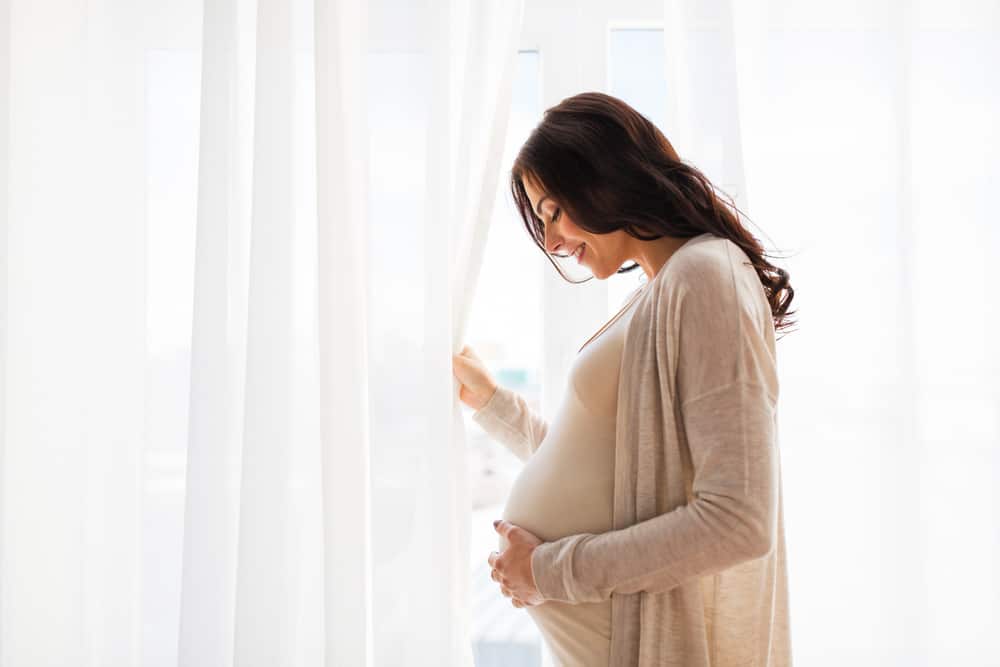Contents:
- Medical Video: 7 Common Signs Of Prostate Cancer You Should Not Ignore
- What is DES medicine?
- Risk of using DES drugs in mothers and infants
- The risk for pregnant women who drink DES
- Risk for girls
- Risk for boys
- What if my mother drinks DES when I'm in the womb?
Medical Video: 7 Common Signs Of Prostate Cancer You Should Not Ignore
There have been many studies that prove that the anti-miscarriage type DES seems to be very risky for pregnant women and their babies later. In fact, in the 1930s and 1980s this drug was consumed by pregnant women to prevent miscarriages and complications of pregnancy. What are the dangers of DES drugs for mothers and babies? Here is the full review.
What is DES medicine?
DES medicine, which stands for diethylstilbestrol is a synthetic hormone (artificial) that is very similar to estrogen. This drug is usually given to pregnant women to prevent premature births, complications of pregnancy, to miscarriage.
In the 1970s, researchers began to see the risk of using anti-abortion drugs for mothers and babies. Since then, obstetricians have rarely prescribed this medicine. Various studies that followed also explained that the DES drug seems ineffective in preventing miscarriages or complications of pregnancy. So, now this drug is no longer given to pregnant women.
Risk of using DES drugs in mothers and infants
A number of studies have succeeded in ensuring that DES drugs can increase serious health risks for both pregnant women who drink DES and DES babies (babies exposed to uterine DES).
The risk for pregnant women who drink DES
One in six women who drank DES during pregnancy may have breast cancer. While for women who are not exposed to DES, the odds are smaller, namely one in eight women. If when your doctor first prescribes this medication, you should do an independent breast examination (BSE) and undergo a mammogram every once a year or two.
Risk for girls
Female DES babies are more at risk of experiencing various disorders than male DES babies. Consider the comparison of risk of DES female infants with infants who have never been exposed to the following DES anti-pregnancy drugs.
- 40 times more susceptible to clear cell adenocarcinoma, which is the cause of cervical cancer and vaginal cancer
- 8 times more prone to death at 0-28 days (neonatal death)
- 4.7 times more prone to premature delivery
- 3.8 times more prone to miscarriage in the second trimester
- 3.7 times more susceptible to an ectopic pregnancy (pregnancy outside the womb)
- 2.4 times more vulnerable to giving birth to a stillborn baby (stillborn)
- 2.4 times more vulnerable to infertility
- 2.4 times more prone to premature menopause
- 2.3 times more prone to experience cervical intraepithelial neoplasia (CIN) which is stage 0 cervical cancer
- 1.8 times more susceptible to breast cancer
- 1.6 times more prone to miscarriage in the first trimester
- 1.4 times more prone to preeclampsia during pregnancy
Risk for boys
Although male DES babies are not as often as female DES babies, there are still risks that may arise. The main risk is abnormalities of reproductive organs, such as the testicles do not go down or the appearance of cysts in the sperm ducts. A 2009 study also showed that men who had been exposed to DES in the womb were more susceptible to infection or inflammation of the testicles.
What if my mother drinks DES when I'm in the womb?
If you were born in the 1930s and 1980s, ask your mother if she ever took DES medication as long as you were still in the womb. If ever, you should do a testicular examination, pelvic examination (pelvic exam), pap smears, or mammogram tests. The faster it detects, the more likely it is that your disease will be treated.

